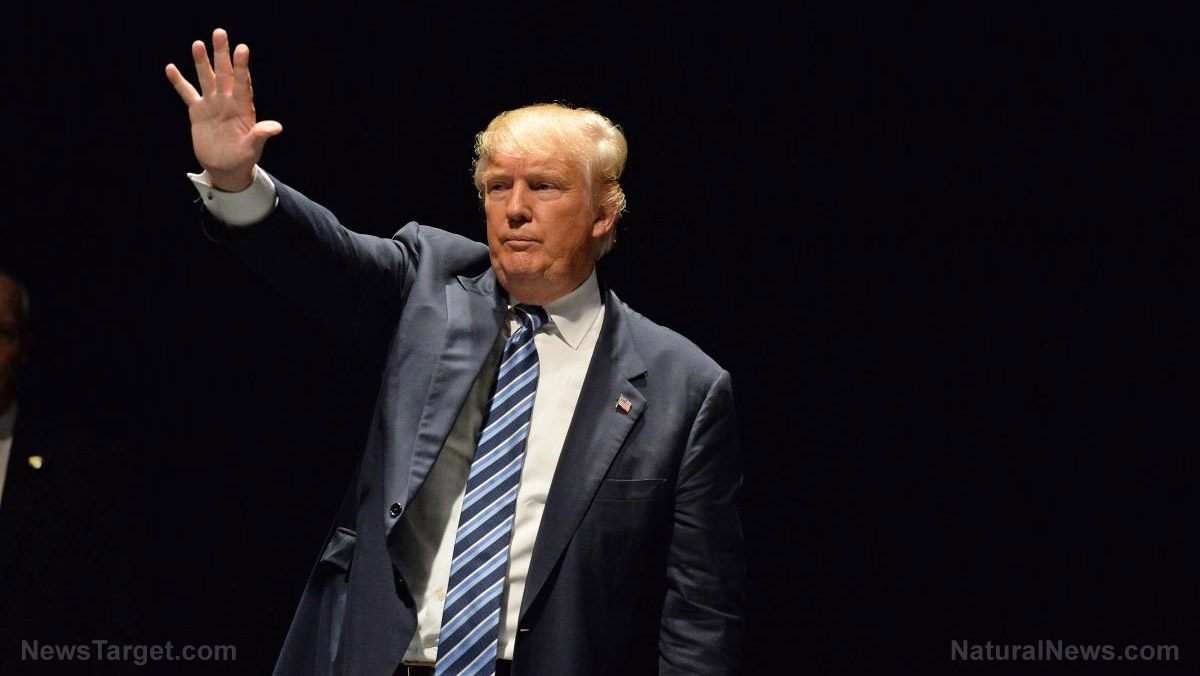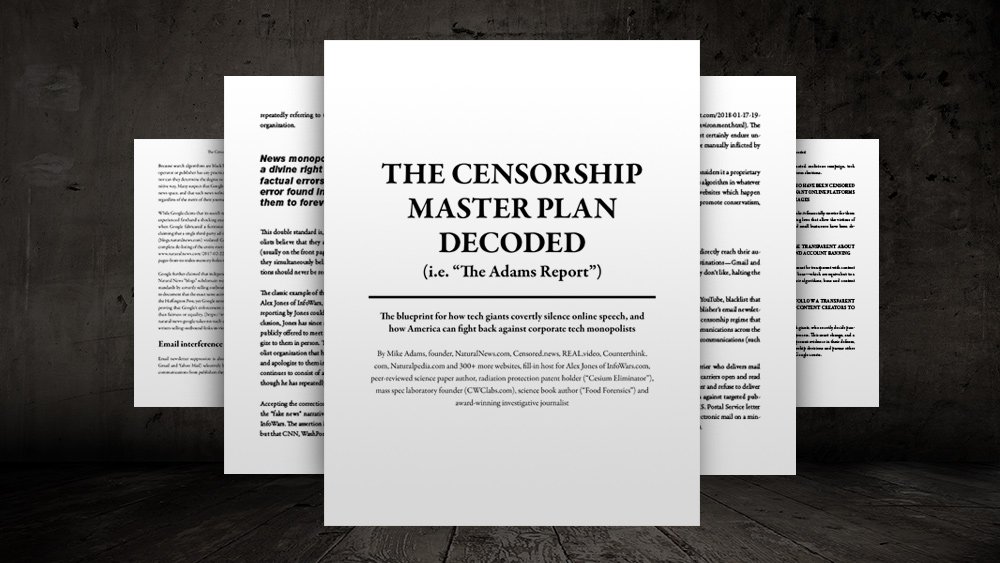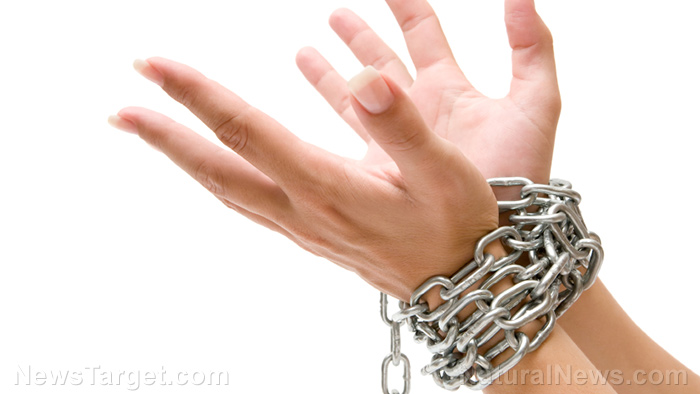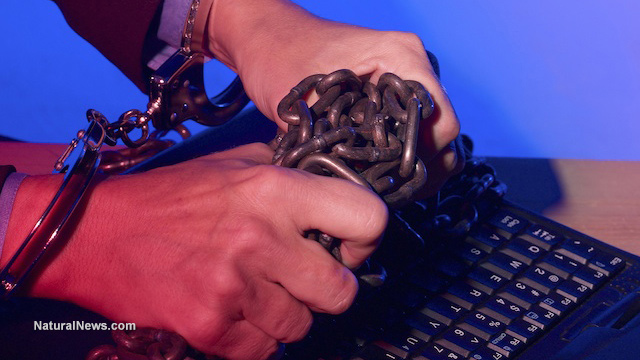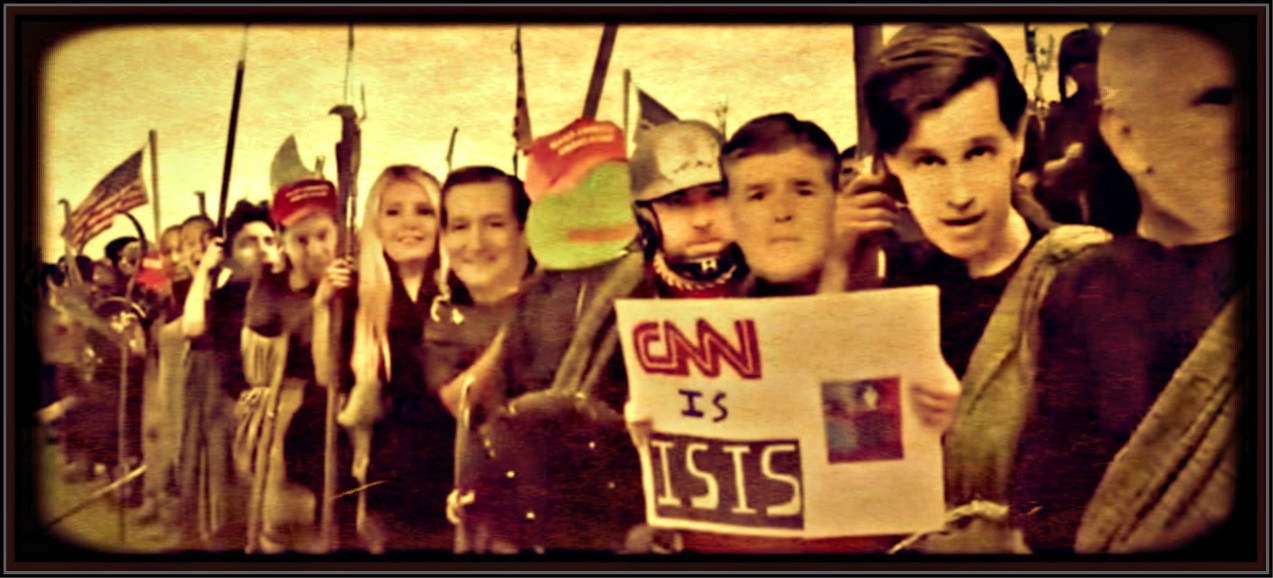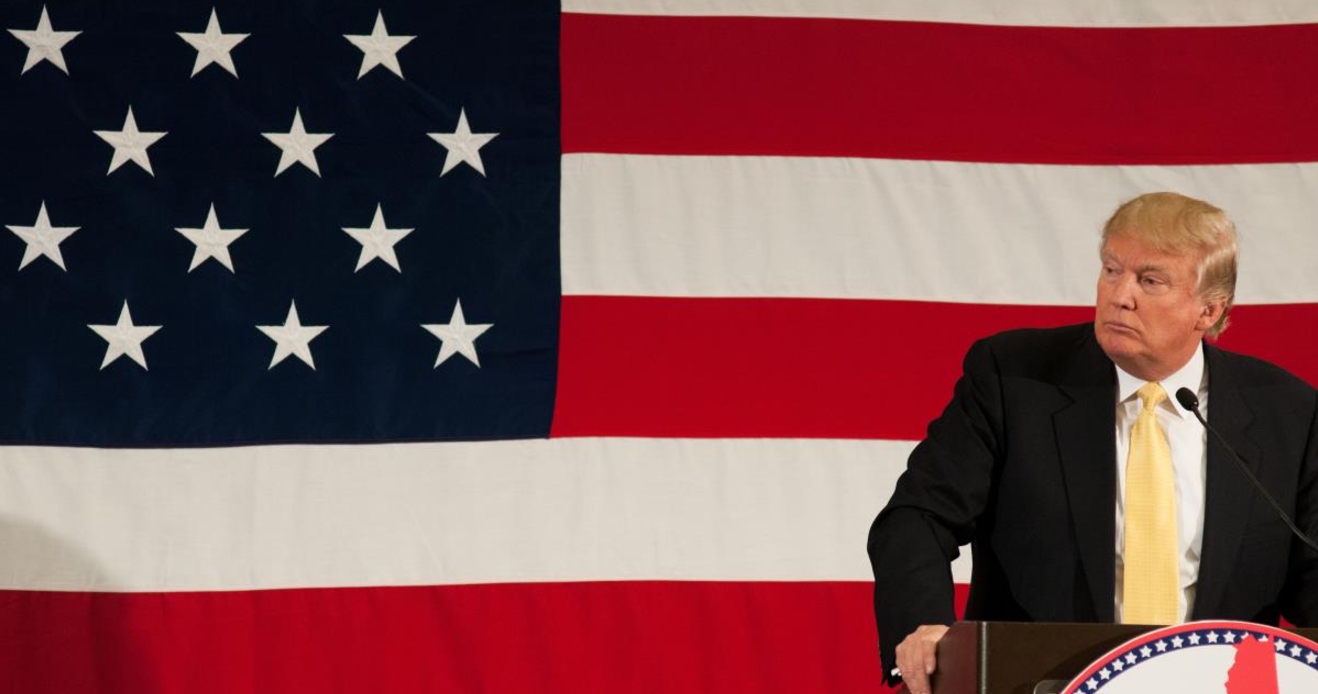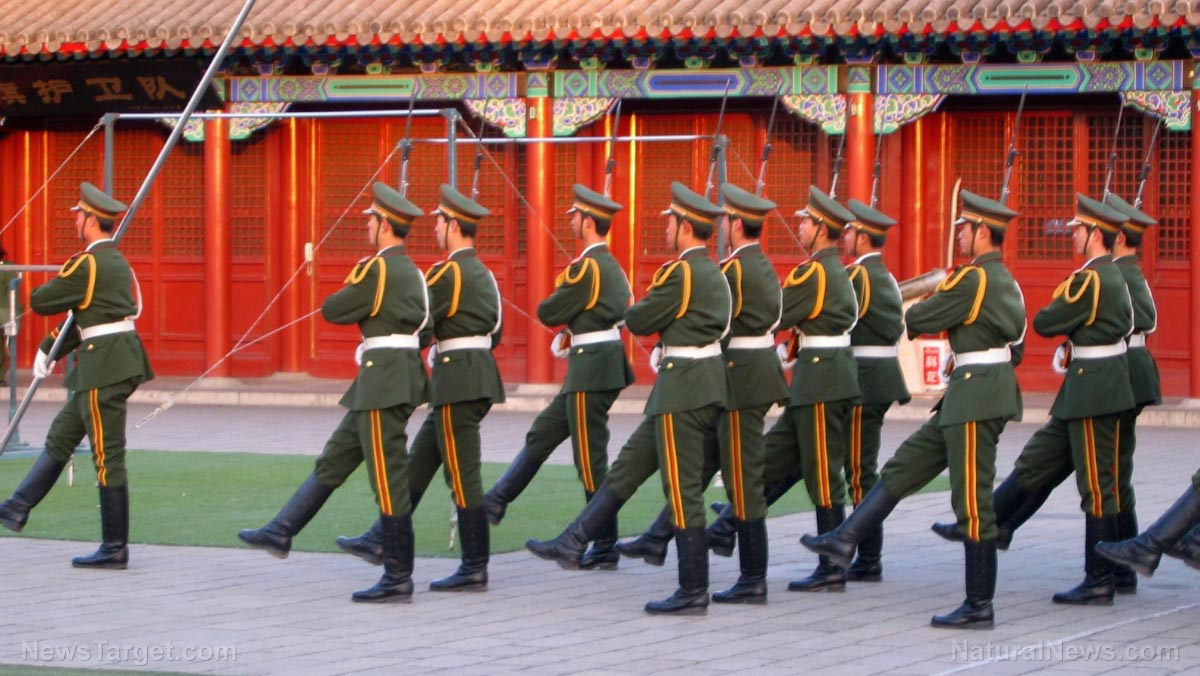How does the U.S. rank in economic freedom? The results may surprise you
03/10/2017 / By Jayson Veley

According to the Heritage Foundation’s Index of Economic Freedom for 2017, the United States has less economic freedom than New Zealand, Australia, Estonia, Ireland, Chile, the United Kingdom and Lithuania. America is currently ranked 17th with a total score of 75.1, the lowest ever.
The index uses a scale of one to 100 to demonstrate the level of economic freedom in any given country. Hong Kong, for example, is the freest place on earth with a score of 89.8. Unsurprisingly, North Korea ranked last on the list with an economic freedom score of 4.9.
The report gave details as to why the United States received its lowest score ever. “The substantial expansion in the size and scope of the U.S. government, increased regulatory and tax burdens in many sectors, and the loss of trust and confidence that has accompanied a growing perception of cronyism have severely undermined America’s global competitiveness,” the report explained.
The scores that are assigned are based on the Heritage Foundation’s “four pillars” of economic freedom: the rule of law, the size and scope of the federal government, the regulatory state, and open markets. Considering all of this, it is easy to see how and why America received such a poor score. In virtually all four of these areas, especially under the previous administration, the United States has underperformed.
Few presidents have been more hostile to the rule of law in the United States than former President Barack Obama. In what at times seemed like an all out assault on private property rights and the ability of Americans to keep most of what they earn, Obama consistently sabotaged the rule of law and economic freedom. High corruption levels within the Obama Administration also created an environment of economic insecurity and uncertainty.
If there was one thing that the federal government wasn’t during Obama’s presidency, it’s limited. That is to say, under for the former administration, the size and scope of government expanded in nearly every way imaginable. From corporate taxes to taxes embedded inside of the Affordable Care Act, the government has been participating in massive redistribution of wealth practices, often transferring money from businesses both big and small to big, bloated bureaucrats and federal agencies. Overtime, this significantly erodes economic freedom.
Year after year throughout the Obama administration, tens of thousands of pages of regulations were spit out by various departments, including the Energy Department, the Department of Housing and Urban Development, the Agriculture Department and the Environmental Protection Agency. These regulations significantly hinder the ability of businesses to grow, expand, hire more employees, and ultimately prosper. What’s worse is that most of these regulations are imposed by handfuls of unelected bureaucrats, meaning that we the people have virtually no say in the rules and restrictions they put in place that effect our day to day lives.
Barack Obama certainly wasn’t an advocate of open markets and the current president of the United States isn’t either. Donald Trump’s proposed tariffs and protectionist trade policy is in many ways a complete contradiction to open markets, and the American consumers will be the ones who will be forced to deal with the expensive consequences.
Even though the United States received it’s lowest economic freedom score ever, the report indicated that economic freedom has “advanced in a majority of the world’s countries over the past year.” While a total of 103 nations around the world showed advances, America appears to be going in the opposite direction. Only when our leaders once again embrace free market principles and the rule of law will we see the United States bounce back.
Sources:
Tagged Under: capitalism, economics, free market, Freedom Index, governmnet, Heritage Foundation, Liberty, regulations

